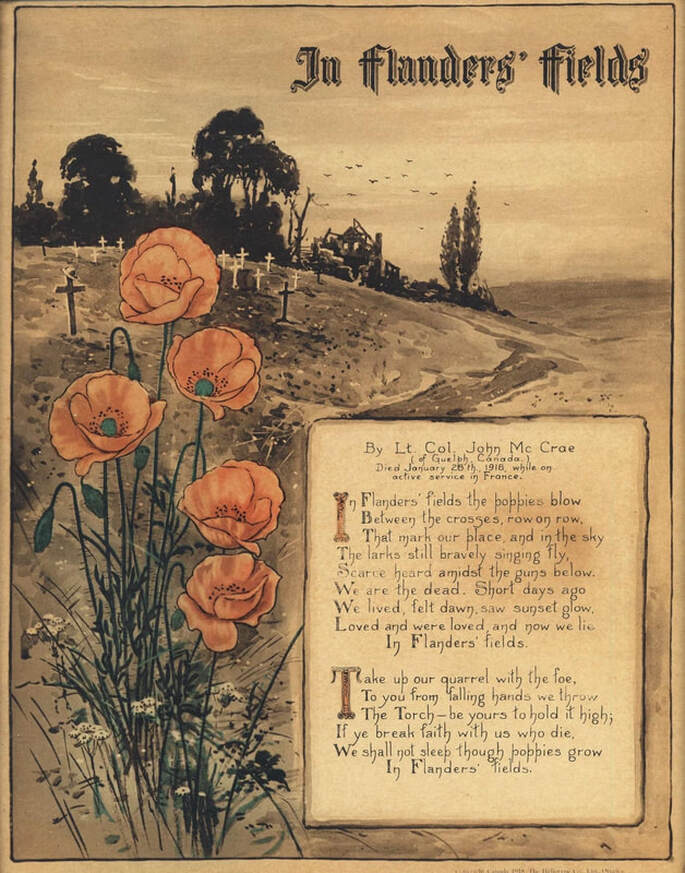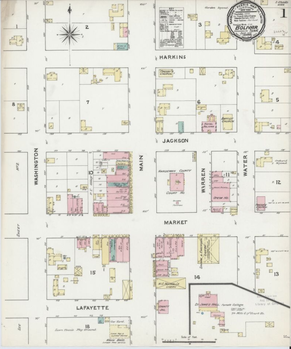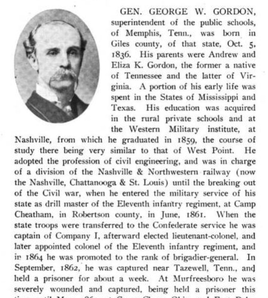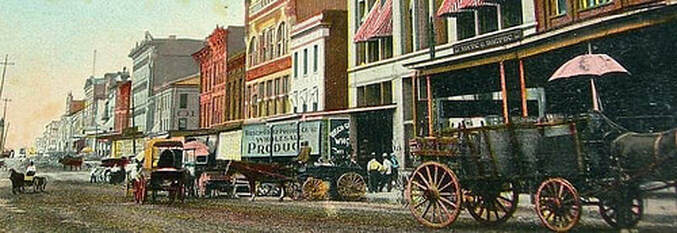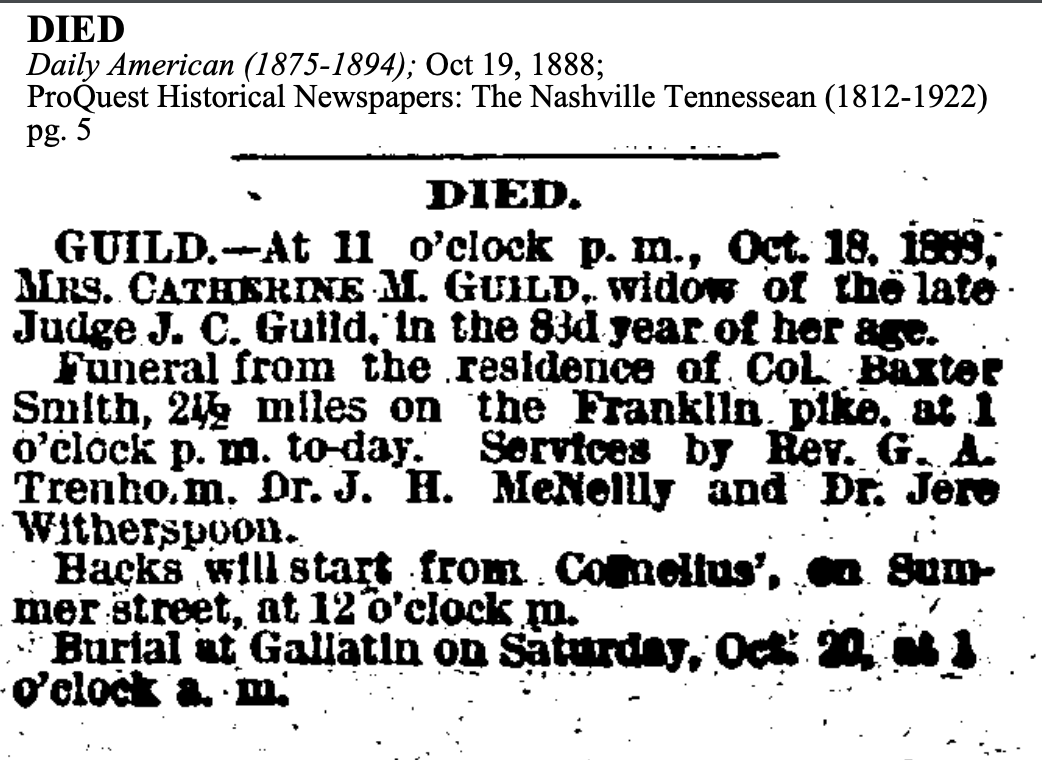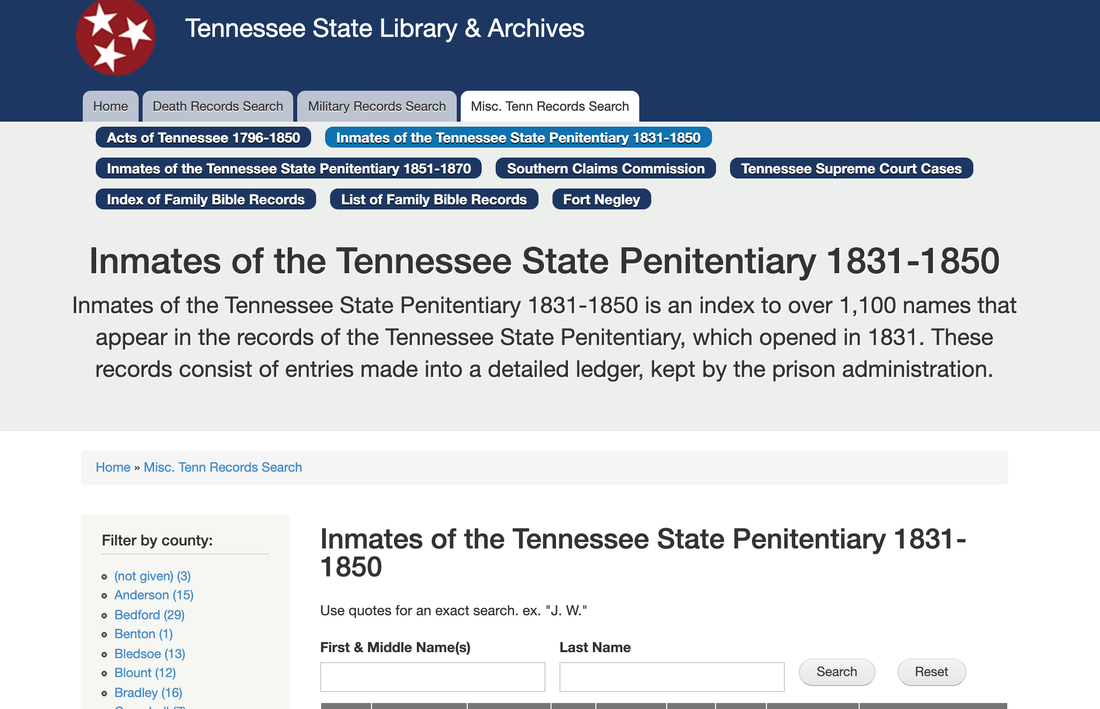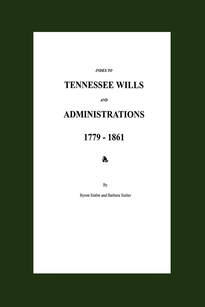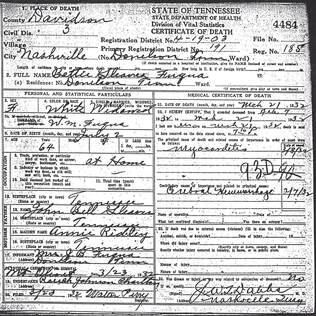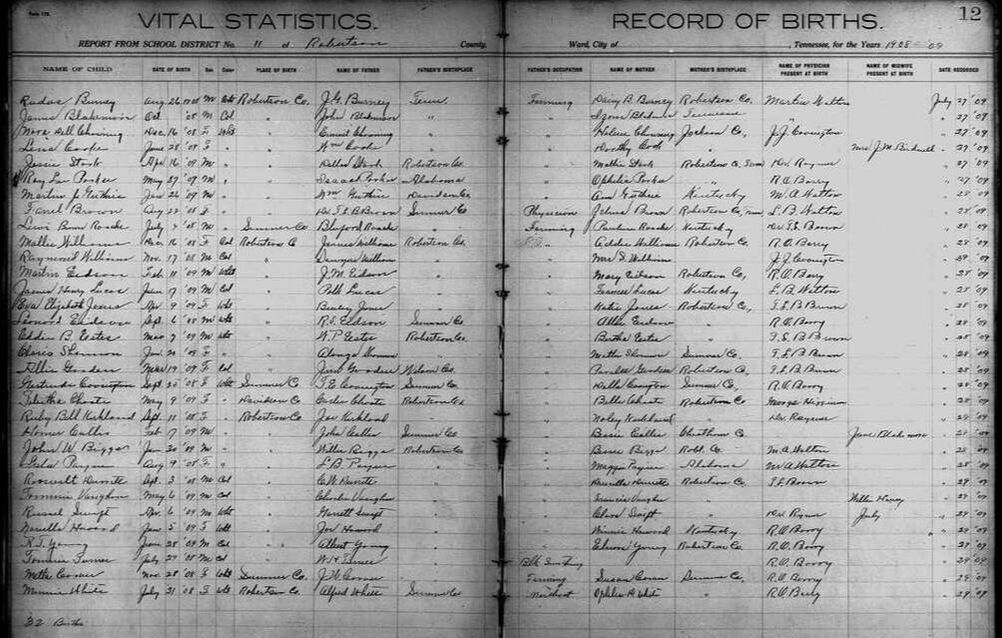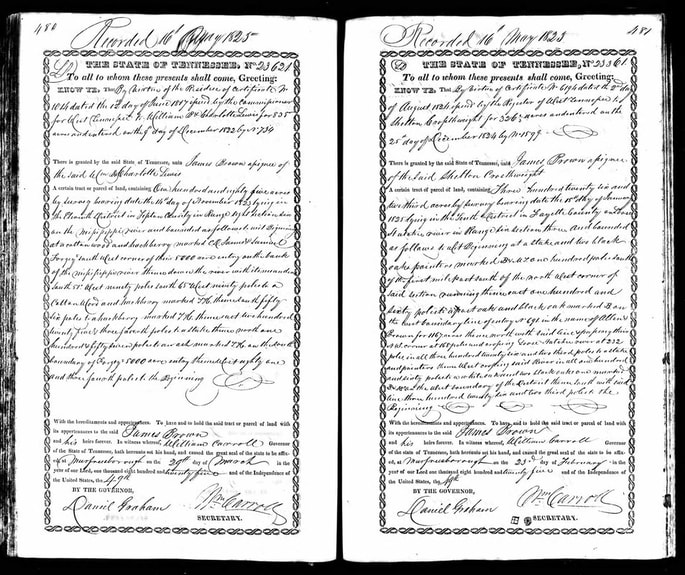Remembering Freedom is not Free
“The 30th of May 1868, is designated for the purpose of strewing with flowers, or otherwise decorating the graves of comrades who died in defense of their country during the late rebellion, and whose bodies now lie in almost every city, village and hamlet churchyard in the land.”
Many Americans have forgotten what the true meaning of the day is for. Most will celebrate the three-day “holiday” weekend by starting their summer – days at the beach or camping out, BBQs and enjoying family and friends. Not many will stop to reflect on the very reason they have the weekend to celebrate at all.
It seems as if Franklin D. Roosevelt’s prediction in 1941 has come to pass, “Those who have long enjoyed such privileges as we enjoy, forget in time that men died to win them.”
All weekend I’ve been the recipient of gratitude and well-wishes – and although I am very grateful and honored people have been thinking of me and my service to our nation – today’s not about me.
It’s not my day. I’m not dead.
Nor is it about any other living military person or veteran…. our day is in November and it’s called Veterans Day.
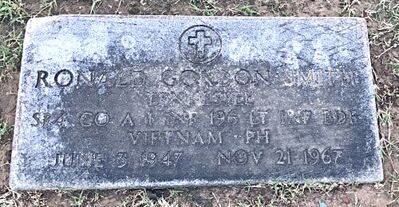 SP4 Ronald Gordon Smith is buried in R.H. Munford Cemetery in Covington, TN
SP4 Ronald Gordon Smith is buried in R.H. Munford Cemetery in Covington, TN As I walked between the rows of stones, drawn to those marked with flags, I stopped at each one I came across for a moment of quiet reflection. Not all had died in service for their country, but all had served.
Tipton County has lost many young men who died while fighting for their county, just as many communities throughout West Tennessee have. Young men, like SP4 Ronald Gordon Smith, USARV, who was killed in Vietnam. He was 19 when he arrived in country on May 14, 1967, as a soldier with Co. A, 2nd BN, 1st Inf., 196th Infantry Brigade and celebrated his birthday a short 18 days later on the fields of the Republic of Vietnam. He drew his last breath at age 20 on Nov. 21, 1967 in a battle in the Quang Tin Province, six short months after arriving. He is remembered on panel 30E, line 60 on the Vietnam Wall and I came across this memory shared online on Memorial Day 1999 from one of his friends which shows he was very much loved and is missed.
“Dearest Smitty, in three days you could have been 52 years old-as I am. You could have had a wife, children, and a dog – a whole and complete life. Instead, you will always be 20 years old in my mind, driving a red Corvair, smiling and laughing. I still love you as my best high school friend. I think of you so often still and pray God’s blessings on you in heaven and on your family and friends left on earth. I love you, Judy.”
 SP4 Odell Craig, eldest son of Andrew and Gertrude WIlliamson Craig, Jr. of Covington, Tenn.
SP4 Odell Craig, eldest son of Andrew and Gertrude WIlliamson Craig, Jr. of Covington, Tenn. Since the dawn of our country, more than 42 million men and women have served to protect this great land of ours, and more than 1.3 million have died doing so. It seems the least we can do this weekend, is spend a few moments reflecting on those who have given their lives in combat so that we can live ours in freedom.
As the years pass, it becomes easier to forget the person behind the name, and so it falls on our shoulders – the legacy holders – the parents, spouses, children, siblings, and friends – to tell the story our soldiers can no longer tell.
Today is the day to honor our war dead. Those brave men and women, who while answering the call of their nation, made the ultimate sacrifice for our country. They are who Memorial Day is for.
So, this Memorial Day, before you fire up the BBQ, take a moment to reflect on all of our fallen countrymen of all wars and the sacrifice they have made on our behalf and to remember that our freedom has never been free.
Honor them.

